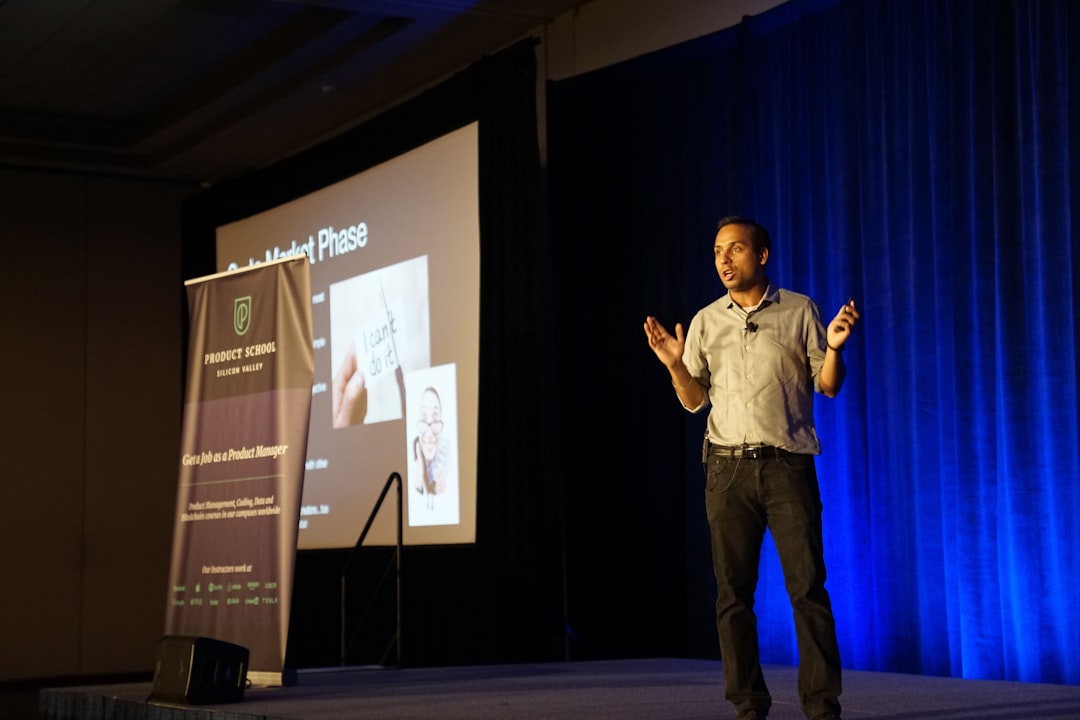The Art of Conference Planning: Turning Ideas into Memorable Events
Organizing a successful conference requires meticulous planning, attention to detail, and a creative vision to bring all the elements together seamlessly. From choosing the right venue to coordinating speakers and managing logistics, conference planning is a complex and dynamic process that can make or break the success of an event.
One of the key aspects of conference planning is defining the objectives and goals of the event. Understanding the purpose of the conference will help determine the target audience, theme, and content that will resonate with attendees. Whether it’s a professional development conference, a networking event, or a product launch, clarity on the objectives will guide all other decisions in the planning process.
Selecting the perfect venue is crucial in setting the tone for the conference. The location, amenities, and ambiance of the venue can significantly impact the overall experience of attendees. Whether it’s a modern conference center, a historic hotel, or an outdoor venue, the choice of location should align with the goals of the event and provide a comfortable and inspiring environment for participants.
Securing engaging and knowledgeable speakers is another critical component of conference planning. Speakers play a key role in delivering valuable content, inspiring attendees, and keeping them engaged throughout the event. From industry experts to motivational speakers, the lineup of speakers should be carefully curated to provide a diverse and insightful experience for attendees.
Logistics management is where the details truly matter in conference planning. From arranging transportation and accommodations for attendees to coordinating audiovisual equipment and catering services, every aspect of the event must be carefully planned and executed to ensure a smooth and successful conference. Attention to detail and effective communication with vendors and partners are essential in managing logistics effectively.
Promotion and marketing are essential to attract attendees and create buzz around the conference. Utilizing social media, email campaigns, and targeted advertising can help reach the target audience and generate excitement leading up to the event. Creating a compelling website, designing eye-catching promotional materials, and leveraging partnerships with influencers can enhance the visibility and appeal of the conference.
On the day of the conference, seamless execution is key to delivering a memorable experience for attendees. From registration and welcome activities to breakout sessions and networking opportunities, every aspect of the event should be carefully coordinated to ensure a positive and engaging experience for all participants. Quick problem-solving skills, adaptability to changes, and a calm demeanor under pressure are essential qualities for conference planners to handle any unforeseen challenges.
In conclusion, conference planning is a multifaceted process that requires creativity, organization, and attention to detail. By defining clear objectives, selecting the right venue, curating engaging content, managing logistics effectively, and promoting the event strategically, conference planners can create memorable and impactful experiences for attendees. The art of conference planning lies in the ability to transform ideas into successful and unforgettable events that leave a lasting impression on participants.

